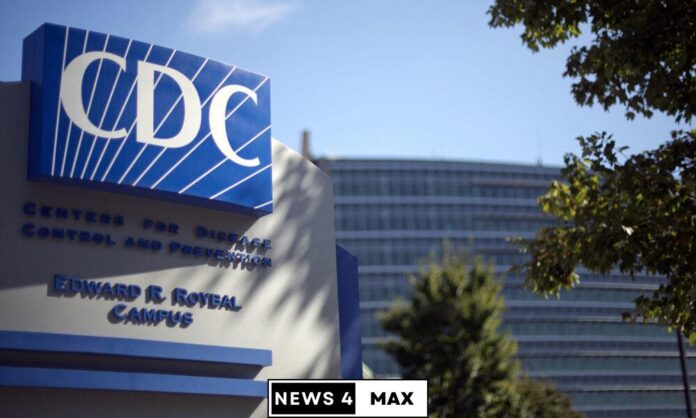In early February 2020, Kirsten St. George and her team at New York state’s public health lab received a test developed by the Centers for Disease Control and Prevention (CDC) to diagnose people infected with the new coronavirus. However, they quickly found that the test was giving inaccurate results, like many labs across the country. As a result, the test samples had to be sent back to the CDC for processing, wasting valuable time and leaving state officials unaware of the true situation with the disease. This was a critical time in the early days of the emerging pandemic, according to St. George, the chief of the laboratory of viral diseases at the Wadsworth Center.
An independent panel of experts has since identified the CDC’s flawed diagnostic test as one of the most consequential missteps during the pandemic, as it hindered efforts to contain COVID-19. The panel blames a lack of unified leadership, insufficient planning and quality control systems, and ineffective governance within the CDC laboratories for the shortcomings of the test. The agency acknowledges these issues and is working to address them based on the recommendations of the panel. However, this task is complicated by new leadership, limited resources, and ongoing budget cuts threatened by members of Congress.
Failure to make extensive changes could further erode public trust in the CDC and impede the nation’s preparedness for future health threats. The Association of Public Health Laboratories emphasizes the importance of the CDC’s ability to change, stating that the coordination of public health emergency responses will be worse off if the agency does not adapt. The flaws in the CDC’s original COVID test, identified by an internal analysis and an independent postmortem, had significant consequences. Public health agencies were slow to recommend behavior changes and implement protective measures due to a lack of awareness about the virus’s rapid spread.
Just weeks after the flawed tests were released, the United States implemented mass lockdowns to slow the virus’s spread, which has now claimed the lives of over 1.1 million Americans. To prevent future failures, the panel has made ten recommendations for the CDC, including consolidating lab operations into a new center with its own leadership, separating research labs from those that develop clinical tests, and involving independent experts in test reviews. Some of these suggestions have already been implemented under new leadership, such as new lab quality standards and improved coordination with state labs.
While the agency claims that reforms are moving ahead at full speed, funding remains a critical obstacle. The CDC faces substantial budget cuts that could hinder the implementation of recommended changes. Physical separations between labs and training researchers to uphold quality standards require continuous funding, making sustained financial support crucial. Moreover, a cultural shift within the CDC is necessary, as scientists need to see themselves as part of the wider laboratory community subject to the same quality standards.
Failures to implement the panel’s recommendations could lead to commercial lab companies taking over the development of diagnostic tests for new disease threats. While commercial labs have the advantage of operating at larger scales, they are motivated by profit rather than public health. For the CDC, developing tests is essential for understanding and responding to new pathogens. The agency’s capacity to develop accurate tests is critical for our protection.
The COVID-19 pandemic has shown that even small threats can quickly become global crises. The ability of the CDC to develop accurate tests to identify novel pathogens and track their spread is vital. The agency’s missteps during the pandemic highlight the need for significant improvements to ensure effective response and preparedness for future health emergencies.
KFF Health News, formerly known as Kaiser Health News (KHN), produces in-depth journalism about health issues and operates as one of the core programs at KFF. They provide independent research, polling, and journalism on health policy matters.


